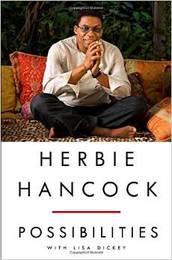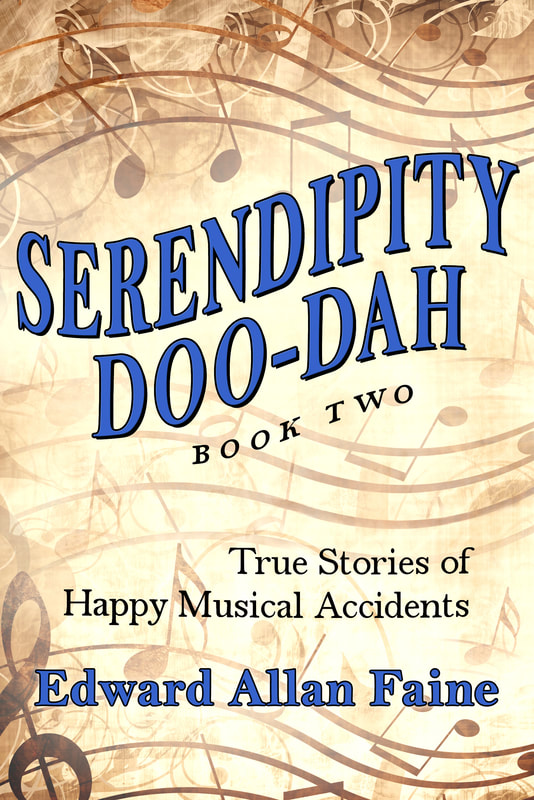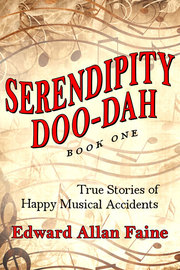
You’ve got to start somewhere someone once said. So here goes, my first blog: a review of Herbie Hancock’s straightforward and revealing memoir, which I heartily recommend, if only for its exposition of the underlying reasons for the keyboardist’s “chameleon-like evolution from classical, to jazz, to funk, to hip hop and beyond.”
Within jazz itself, let’s not overlook the serpentine path he took from the hard bop of Takin’ Off, to the Second Great Quintet of Miles Davis (Miles Smiles, for example), to the Gil Evans–inspired, pastoral chamber jazz of Speak Like a Child, to the boundary-pushing, space jazz-fusion of the Mwandishi band, to the jazz-funk of Head Hunters (second only to Davis’s Kind of Blue in all-time sales), to the nostalgia V.S.O.P band (with Freddie Hubbard replacing Miles), and to (and let’s not forget) Future 2 Future the jazz/R&B album that kick-started hip hop (fourth in all-time sales).
Herbie does not even mention two favorites of mine: a piano duo with a Malian kora player (Village Life), and a collaboration with his friend Wayne Shorter on Native Dancer, the album that introduced Brazilian singer Milton Nascimento to the U.S.
Hancock convinced this reader that each step of his musical journey was in pursuit of his artistic vision and not, as his detractors claimed, his financial gain. He never let the negative talk of turning his back on jazz, or selling out, bother him. In his words:
The notion that I’d gone in a new and different direction because I knew I would make more money was funny to me. How could I possibly know our jazz funk experiment would be that popular? There was no guarantee I’d gain listeners at all--and there was a real risk that I’d lose part of the audience I already had!
Similarly, how could he have known that he would win the Oscar for Best Original Score for the jazz drama Round Midnight in 1987 or (more improbable) the Grammy for Best Album of the Year for River: The Joni Letters in 2007? Only one other instrumental jazz record had ever won that award: Getz/Gilberto.
Herbie summed it up best: “You have to make the music your heart tells you to make.” His allegiance to jazz was summed up best the night he received the Oscar for Round Midnight:
In accepting this award, I salute the same unsung heroes that you so boldly have chosen to applaud. Some are with us today and some are not. Many have suffered and even died for this music, the greatest of all expressions of the creative spirit of humankind—jazz.
From their suffering and pain we can learn that life is the subject, the story that music so eloquently speaks of, and it is not the other way around. We as individuals must develop our lives to the fullest, to strengthen and deepen the story that others can be inspired by life’s song.
I thank [Director] Bernard Tavernier . . . and the cast and crew for their sincere efforts through love and respect for this American-born art form called jazz. Praise has been long overdue for Bud Powell, Lester Young, Thelonius Monk, Charlie Parker, Billie Holiday, and many, many others.
Along with you, I thank them.
Along with them, I thank you.



 RSS Feed
RSS Feed